962-7983-18423+
24/7 دعم
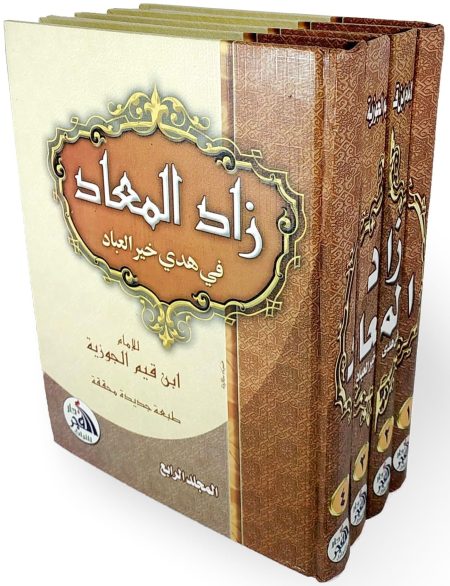
This encyclopedic work presents the Prophet’s guidance in matters of worship, conduct, ethics, and daily life, combining jurisprudence, biography, and spiritual purification. It is characterized by its profound analysis and reasoning, and offers a comprehensive practical model for emulation and guidance.
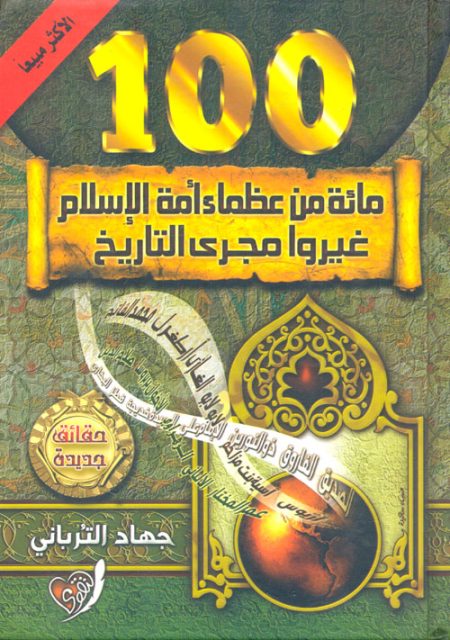
A book that reviews the biographies of one hundred prominent Islamic figures who played a role in changing the course of Islamic history.
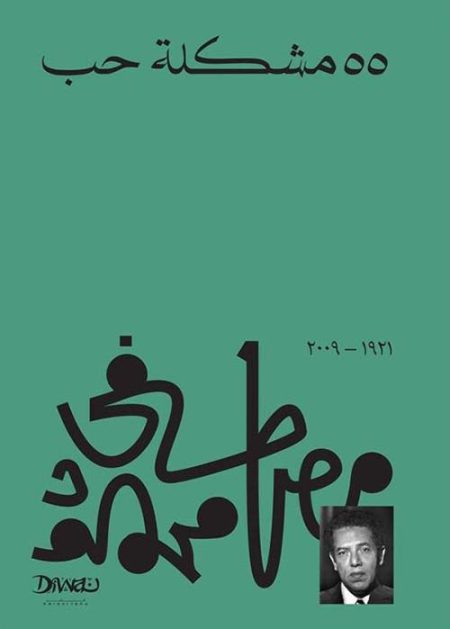
Book 55 The Problem of Love is a book written by Dr. Mustafa Mahmoud in which he talked about some of the diseases that heal speech such as diseases of the soul and torments of conscience is not speech in the sense of sermons, but Najwa man for himself may push him to shed a comfortable tear or laugh bitter be all healing. Dr. Mustafa Mahmoud presents 55 of the problems of readers with their solution, some of these problems may make you cry and some of them provoke laughter
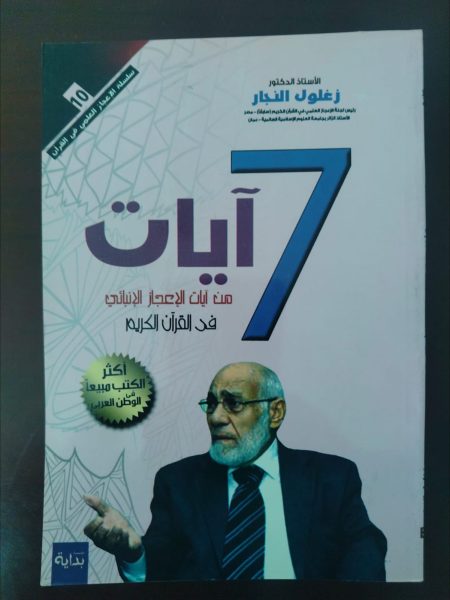
A book that reviews seven verses from the Holy Quran that indicate accurate scientific information that confirms the miracle in the Quran.
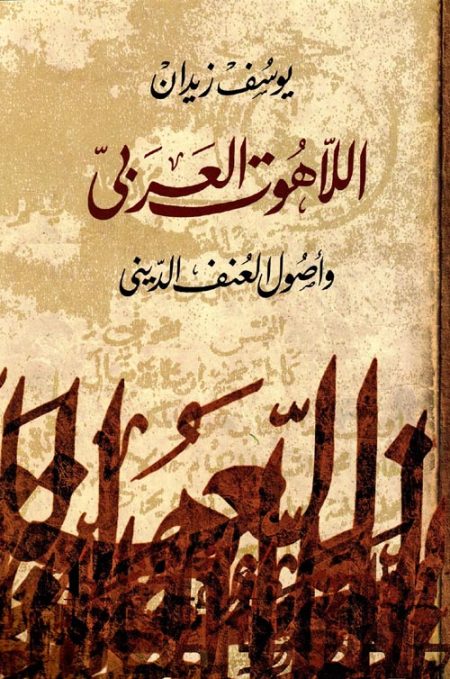
Arab Theology and the Origins of Religious Violence is a book written by the writer Youssef Zaidan, in which he traces the most important ideas that shaped the perception of Jews, Christians, and Muslims, of man’s relationship with the Creator. Hence, how did Christian theology and Islamic theology lead to theological visions whose stages are difficult to separate?
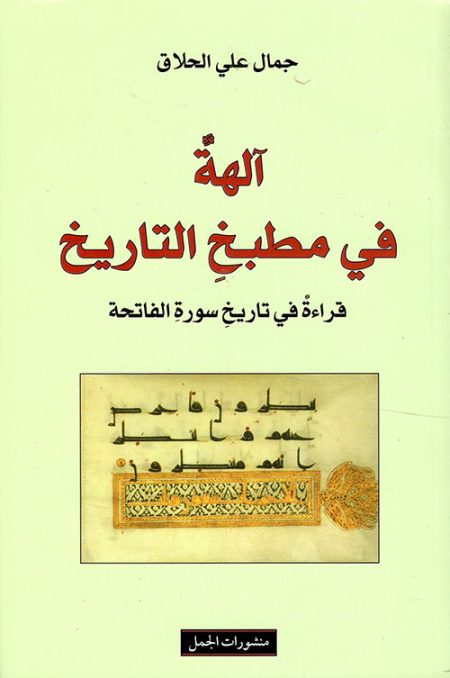
The book provides a critical reading of history from an intellectual perspective, as it reviews how ideologies and beliefs have influenced the formation of civilizations and the transformations of societies.
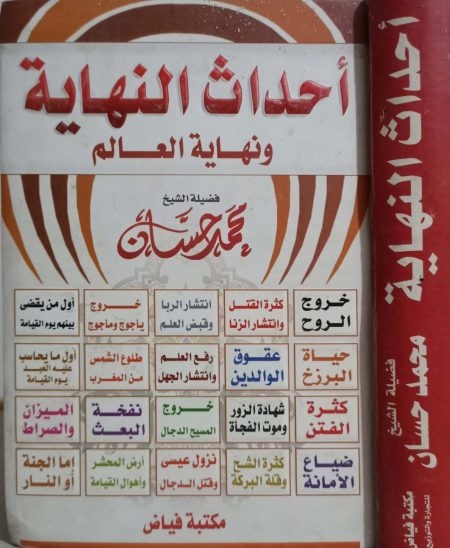
A book that discusses the details of the end of the world according to the hadiths of the Prophet and the major events of the Hour.
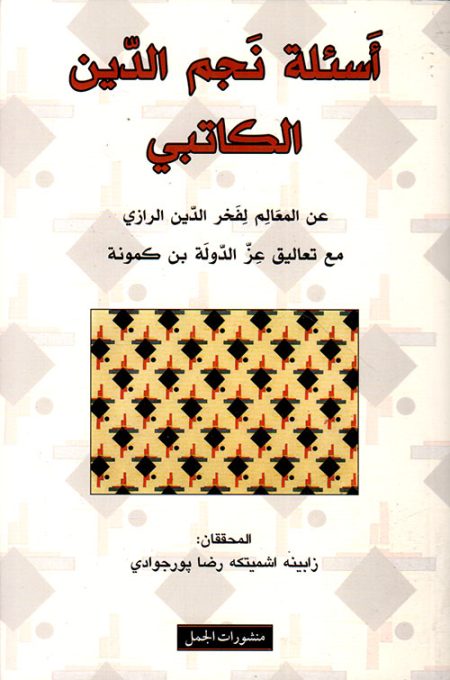
It deals with deep philosophical and theological issues, with rational discussions about Al-Razi’s ideas and critical comments from Ibn Kamouna.
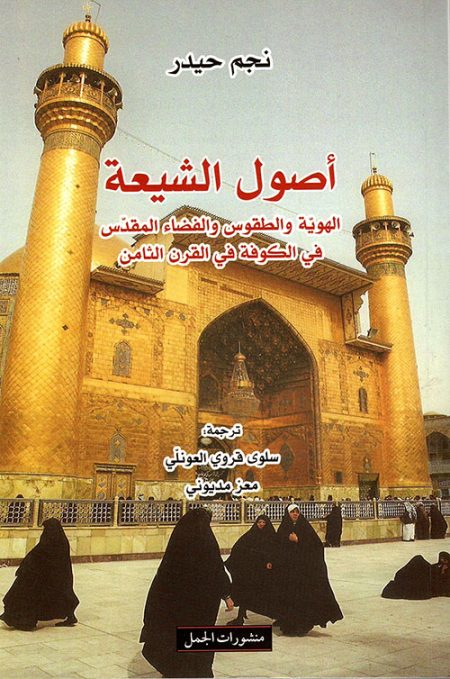
A book that reviews the development of Shiite identity and religious rituals in Kufa during the eighth century, highlighting their impact on shaping the sacred space.
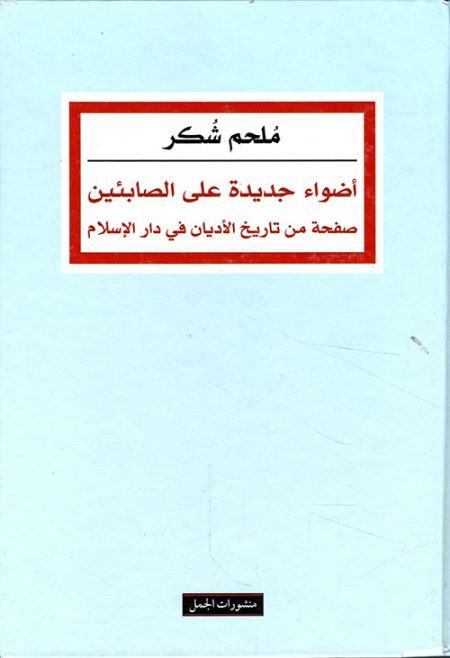
A book that reviews the history of the Sabians and their impact on the Islamic world, revealing new aspects of their understanding and cultural and religious influence.
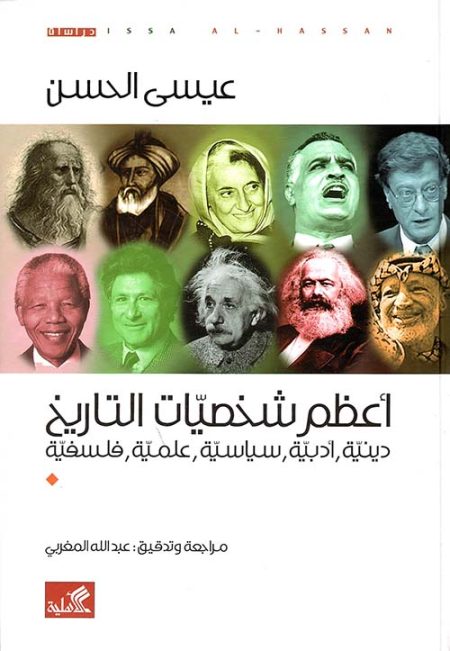
The book reviews the biographies of the greatest figures who have influenced the fields of religion, literature, politics, science, and philosophy throughout history.
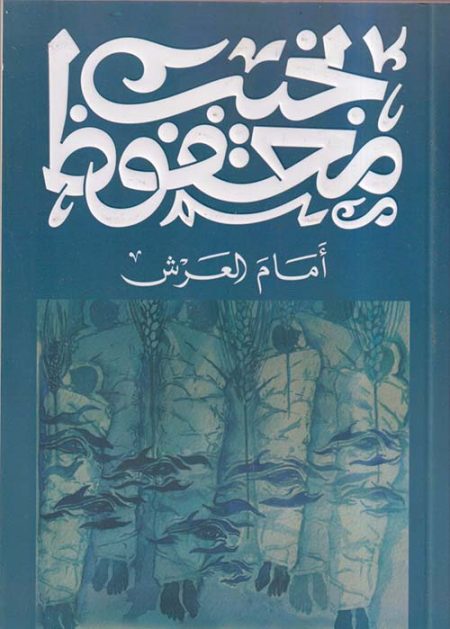
An imaginary trial of the kings of Egypt before a divine court, Naguib Mahfouz explores history and governance from a philosophical and moral perspective.
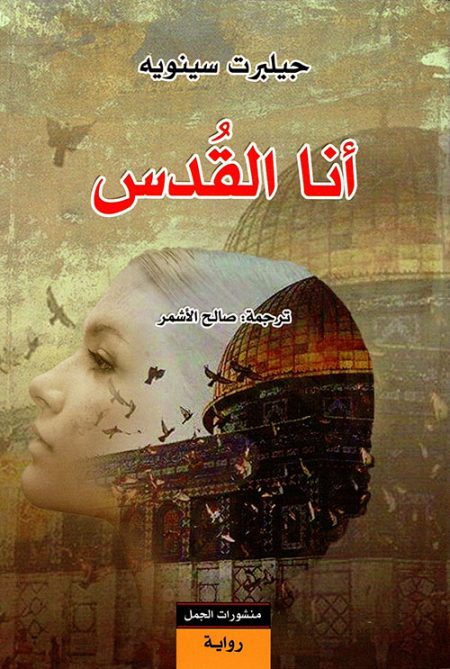
A historical novel that tells the story of the city of Jerusalem through the eyes of multiple characters across the ages.
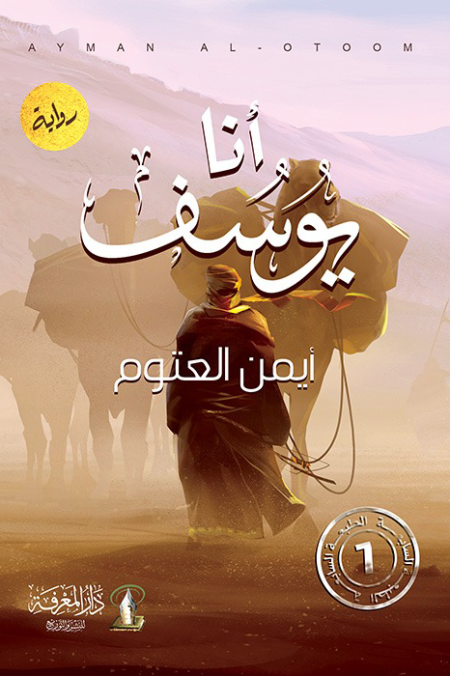
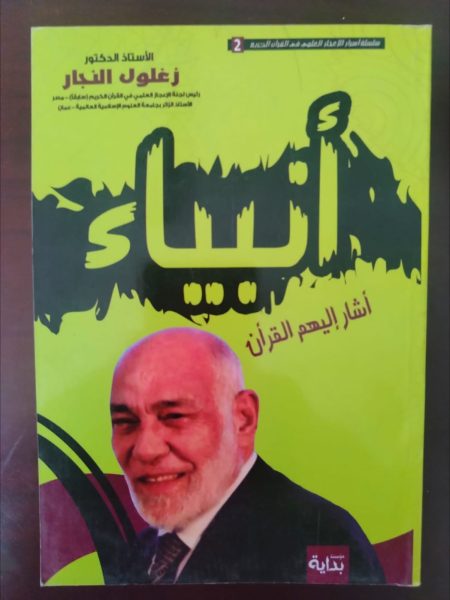
It is a book that deals with the personalities of the prophets who were mentioned in the Holy Quran, with a focus on their biographies and their impact on the call.
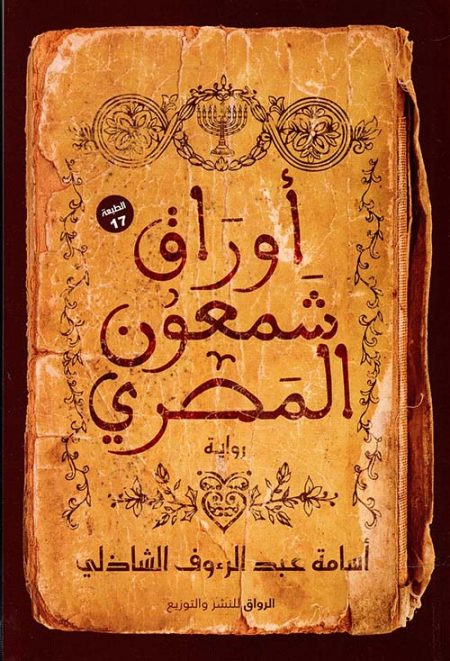
A historical novel that deals with the journey of an Egyptian Jewish doctor during the time of the Pharaohs, revealing the struggles of identity, religion, and politics.
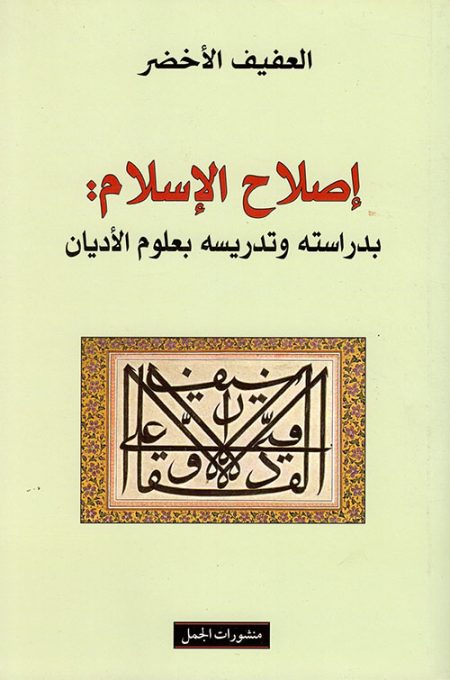
The author attempts to illustrate the necessary measures for religious reform, interfaith dialogue, and the reconciliation of Islam with modernity. That is, with the world in which we live, if the elites can liberate the minds of the traditional sector of Muslims from the paralysis of ancestor worship, responsible for their rebellion against the new of their time, claiming that it is contrary to what was done and said by the righteous predecessors, who was confined by religious legend to the myth of the hadith ‘The best generations, my generation, the next, the next’!, The book also deals with many scattered and dispersive topics that tire the reader, as each of these topics deserves to write a book of this size The book itself. The beautiful thing about the book mainly, it opens your eyes to a lot of references and issues that you did not think important before, and shows you its importance
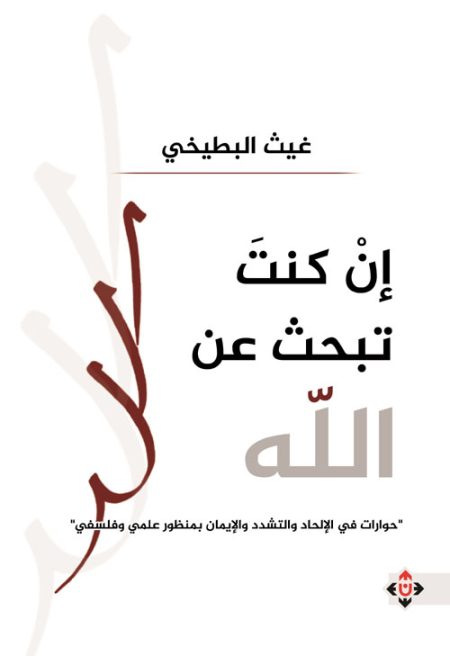
A book that discusses atheism, extremism and faith from a scientific and philosophical perspective through in-depth intellectual dialogues.
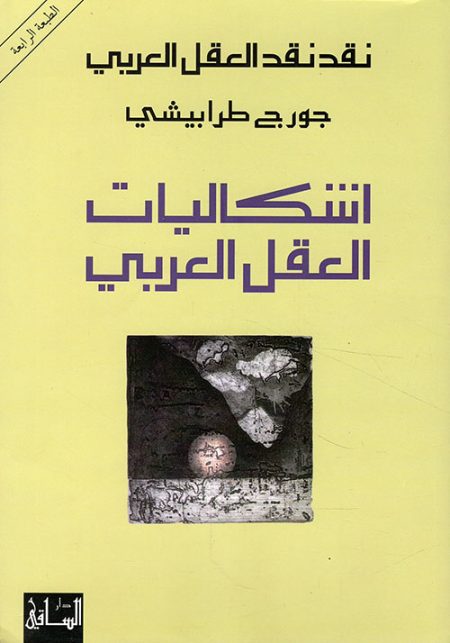
A book in which George Tarabishi discusses the structural crises in Arab thought and the mechanisms that hinder critical thinking.